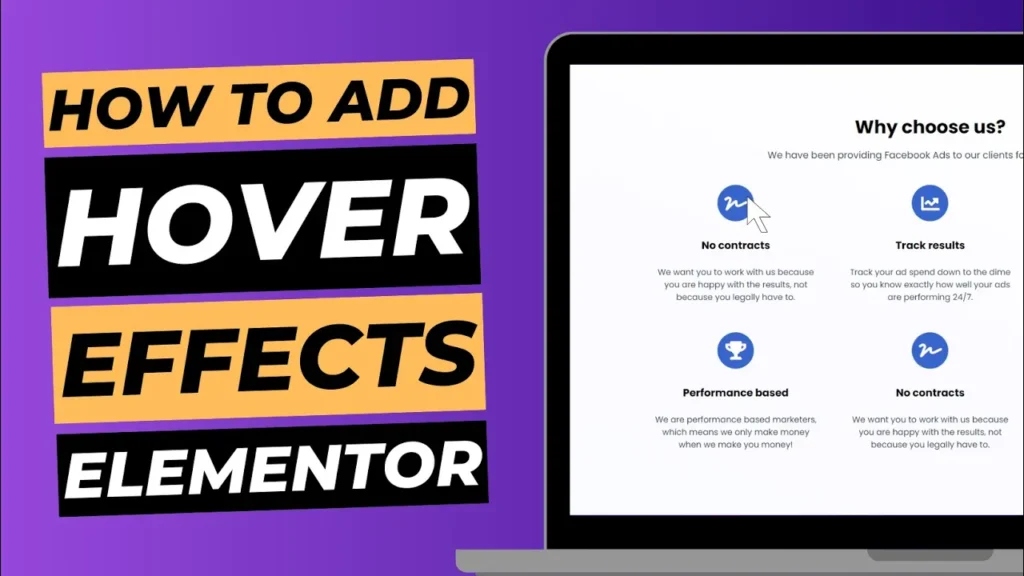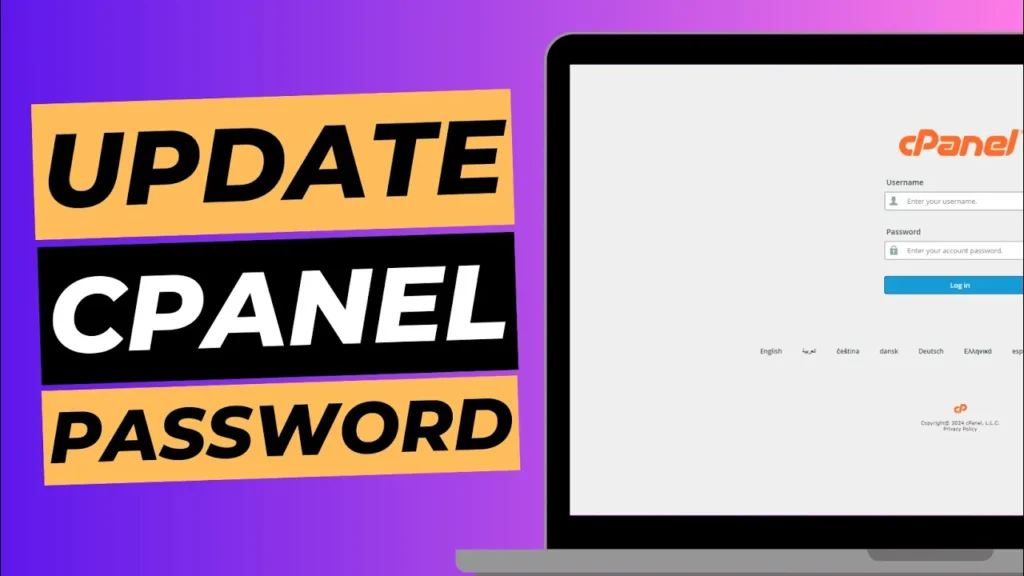DNS, or the Domain Name System, is a system used to resolve Internet domain names into IP addresses. DNS is used to translate human-readable website addresses like “example.com” into machine-readable IP addresses like “192.0.2.1” so your browser and other computer programs can access websites and services on the Internet.
If you have ever tried to open a website but were unable to find it because you forgot its address or mistyped it somewhere along the way, then you understand the importance of DNS services pretty well!
DNS Types
There are several DNS types, but the most common is the first one below. DNS types are not the same as DNS providers, which are discussed in detail below.
Master server: Master servers are responsible for storing and distributing DNS information to other DNS servers. Master servers are not responsible for resolving DNS queries.
Snail server: Snail servers are responsible for resolving DNS queries. When a user enters a website address into a browser, the request first goes to a local DNS server.
The local DNS server will then request information about the website address from a remote DNS server to make sure that the information is current. Remote DNS servers are often called “snail servers” because there is typically a significant amount of slowness associated with DNS queries.
What Does DNS Do?
DNS resolves domain names to IP addresses. Domain names are the URLs you use to navigate the internet — things like “google.com” or “nytimes.com.” IP addresses, on the other hand, are used by machines to communicate with each other and are not very user friendly. DNS servers are responsible for translating domain names into IP addresses. When you type in a domain name, the DNS server looks up the IP address that corresponds with that domain and then sends that IP address to your computer. DNS servers can also be used to block websites. For example, if you want to block someone from visiting a particular website, you can set up a DNS server to redirect the domain to a different IP address.
How Does DNS Work?
DNS works by matching domain names with IP addresses. When you navigate to a website, your computer connects to the Internet and retrieves the IP address for the website. This is achieved through a process called DNS resolution.
DNS resolution occurs in two steps:
Query: The first step of DNS resolution occurs when you type in a URL. When your computer processes this URL, it sends a DNS query to a DNS server. This DNS server will then look up the IP address for the domain (e.g. www.nytimes.com) that you are trying to reach and send it back to your computer.
Translation: The next step of DNS resolution occurs when your computer receives the domain’s IP address and attempts to connect to it. If your computer can successfully connect to the IP address, you will be brought to the website. However, if there is a problem connecting, then a DNS server can help.
How To Setup DNS?
You have your DNS provider’s dashboard open and have selected a plan. Now, you have to choose the DNS names you want to host and manage on that DNS service. Go to the DNS tab then click on “Edit DNS”. Click “Add Domain”, or click “Add Record” if you want to add an A record, a CNAME or a TXT record. Once you’re done, click “Save” to save your DNS changes.
Pros of Using a DNS Service
DNS fail can be frustrating, and even unfortunate, but it’s not uncommon. What’s uncommon is having a plan in place to recover from DNS fail. If your DNS provider offers high availability, you can be confident that your domain will be up and running even if your current DNS provider goes down. If you have your own DNS servers and experience a network outage or an issue with your hosting provider and your DNS servers go offline, your website will go offline as well. With a DNS service, you have the added benefit of redundancy and automatic failover.
Cons of Using a DNS Service
Your website’s performance and security may be negatively affected if you use a third-party DNS provider. If your DNS provider’s servers are slow, then your website visitors will experience a slow loading time. Also, because your DNS queries are traveling halfway around the world before returning to your computer, your website visitors may experience an increase in latency. If a third-party DNS provider is hacked or fails to protect your data, your website is at risk of being hacked or getting blacklisted. The best way to secure your website is to host your own DNS servers and not rely on a third-party DNS provider.
Conclusion
If you want to host your own DNS servers, then you’ll need to purchase your own domain name and host it on your own servers. This will cost you more upfront, but it will also give you more control over your website and Internet presence. If you use a third-party DNS provider, you’ll have more time to focus on your business instead of managing your DNS servers. Keep in mind, though, that when you use a third-party DNS provider, you are also giving that company control




